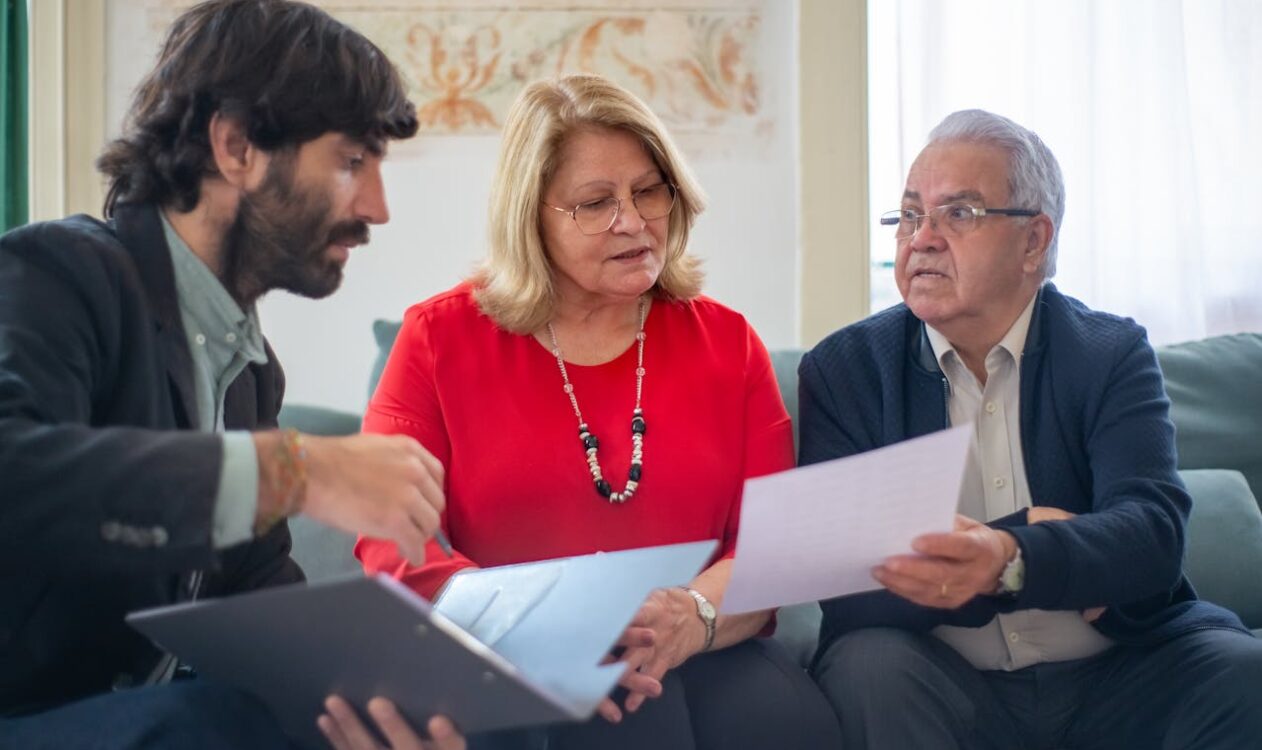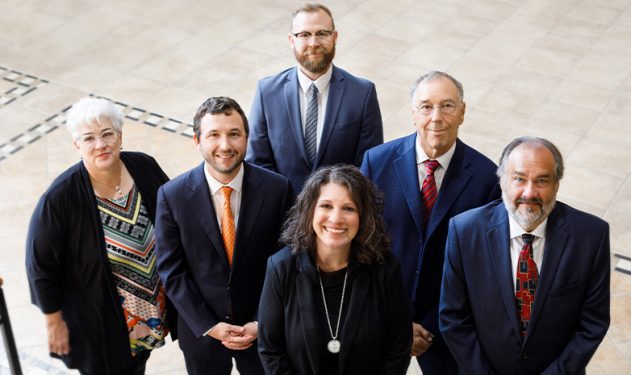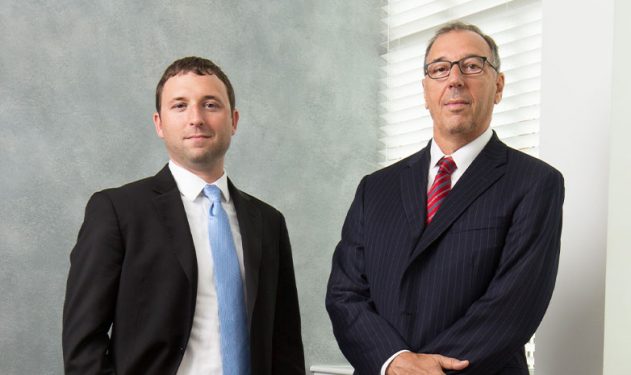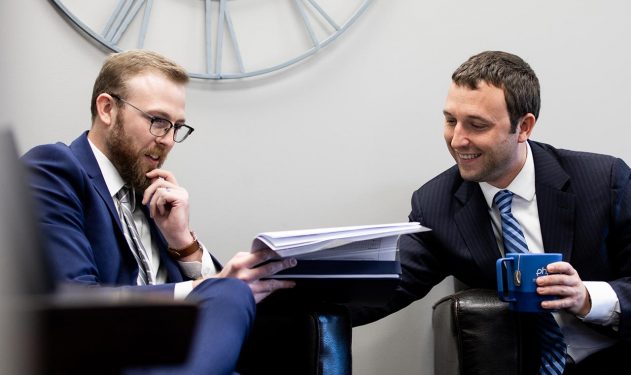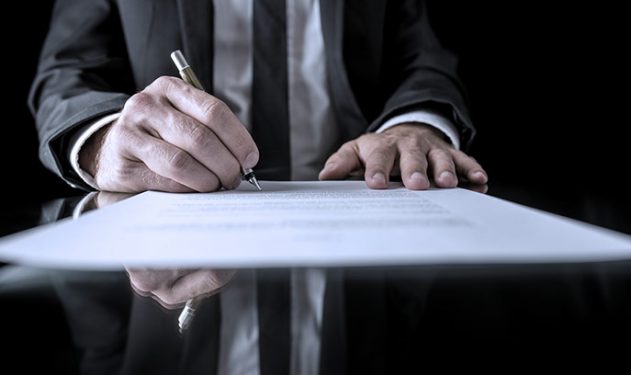No amount of money can make up for the loss of a loved one. However, a wrongful death claim can help to provide some financial relief when family members are facing an unexpected loss.
In these scenarios, calculating the exact amount of damages can be complicated, and many times, there needs to be a professional to assist with estimating these amounts.
An actuary can assist with this process. What is the role of an actuary in a wrongful death case? In this blog, we will look at this vital role in the process and determine how they can accurately calculate damages in these cases.
Actuaries and Wrongful Death Claims
An actuary uses statistics and financial theory to analyze and assess risk. According to the Society of Actuaries, “actuaries think three-dimensionally, using their knowledge of math, human behavior, and business realities to identify the likely real-world outcomes.”
They use these skills to evaluate uncertain financial events, especially those related to insurance, pensions, investments, and other areas. When it comes to wrongful death claims, their help can be invaluable.
Wrongful death claims are brought by surviving family members or dependents seeking compensation for the financial and emotional losses suffered as a result of the death. These claims seek damages for:
- Loss of financial support: Income and benefits the deceased would have provided
- Loss of services: Household and caregiving contributions
- Loss of inheritance: The deceased’s potential to accumulate and leave assets
- Loss of consortium: Emotional and relational support
- Funeral and medical expenses: Costs related to the deceased’s passing
Calculating these damages requires a full analysis. That is where actuaries can help with these claims.
The Actuary’s Role
In a wrongful death case, these professionals evaluate the economic impact of the decedent’s death on surviving dependents. This can involve a few steps, such as:
Projecting Future Earnings
When seeking damages, there needs to be an estimate of the income the deceased would have earned over their remaining working years. Actuaries can project this calculation based on:
- The deceased’s salary or income at the time of death
- Potential promotions, raises, or career advancements
- Statistical data on the average working years remaining based on the deceased’s age, occupation, and health
- Adjustments to account for future changes in the economy and cost of living
Valuing Noneconomic Contributions
Wrongful death claims do not just seek tangible damages but also those that can be difficult to calculate. An actuary can assess the value of noneconomic contributions made by the deceased, such as:
- Household services like cleaning, childcare, or home maintenance.
- Caregiving provided to elderly or disabled family members.
- Educational or emotional support to the well-being and development of dependents.
With their help, actuaries assign monetary values to these services by referencing market rates for comparable services or relying on established statistical methodologies.
Deducting Expenses
Not all of the deceased’s income goes to their dependents. These professionals will subtract certain expenses that the deceased would have incurred, including:
- Personal living costs
- Employment-related expenses
- Taxes
Analyzing Life Expectancy Data
Actuaries will also use current statistics to determine how long the deceased would have lived and contributed financially to the family. These factors may include:
- Age and gender
- Health and lifestyle
- Occupation
With these projections, the actuary determines the duration of the person’s lost earnings and contributions as part of the wrongful death claim.
Offering Expert Testimony
However, calculating all these factors to determine actual damages is just one part of their job. In some situations, they may need to provide expert testimony. They can help to explain their financial calculations to the judge or jury. By presenting this data, the court can understand their basis for the valuation of the claim.
Whether acting as consultants or expert witnesses, actuaries help make sure that the legal process delivers justice while addressing the financial realities faced by surviving family members.
No one wants to think about losing a loved one, but if you are facing a similar situation, reach out to Prochaska, Howell & Prochaska LLC. We can assist with a potential wrongful death claim and use professionals, like actuaries, to calculate the full extent of your damages. Our lawyers are always available to provide a free consultation on your claim.


